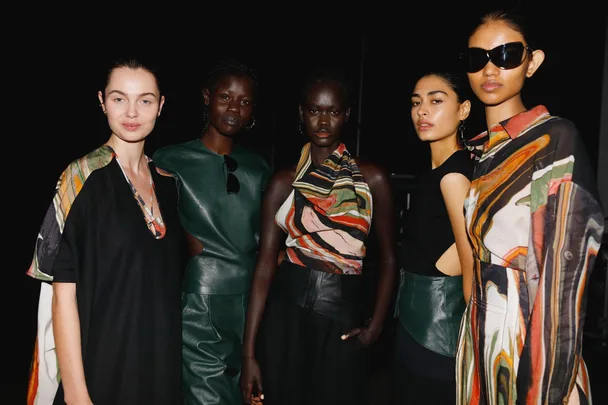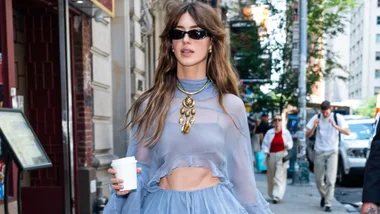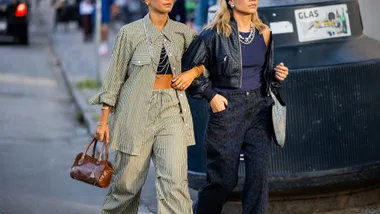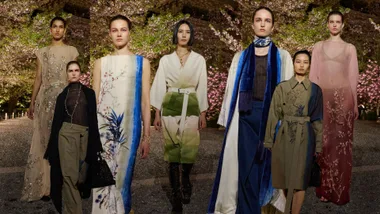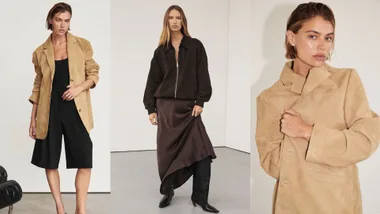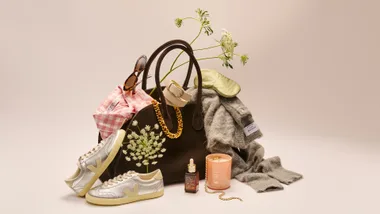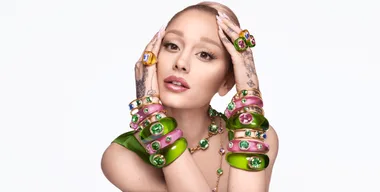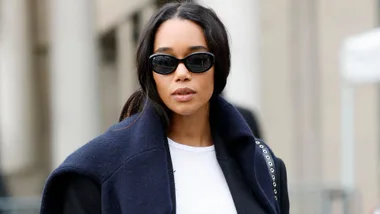What is ethical fashion? There’s so much to unpack when it comes to buying ethical, sustainable and eco fashion brands. In the first place, how can you tell the difference between all three labels?
What is sustainable/slow fashion?
“It can be challenging understanding all the different terms that come with shopping consciously and at the moment there isn’t one definition but generally, sustainable fashion focuses more on the environmental side of the fashion industry with a long-term approach to the design, manufacturing and consumption.” Georgina Neill Ryan, founder of Slowe Store told marie claire Australia.
“Slow fashion refers to brands that have measurably reduced their environmental impact due to the use of specific fabrics (e.g. natural fibres), manufacturing processes (e.g. local production) and packaging (no plastic).”
How is it different from ethical fashion?
“Ethical and sustainable fashion are generally used interchangeably.” Georgina explained. “However, some ethical fashion tends to focus more on the treatment of humans and animals within the industry. Ethical fashion looks to call out living wages, working conditions to animal welfare practices but at times does not focus on the ethical implications of climate change towards humans and animals.”
What is fair trade and eco fashion?
Similar to the above terms, fair trade fashion must ensure the people who make the product are at the centre of the brand’s mission. That means paying them a living wage, providing decent working conditions and adhering to local labour laws. In other words, making sure that the people making the product aren’t being exploited. Eco fashion is more of a general term which encompasses sustainable and ethical fashion, often with a set focus on the environment.
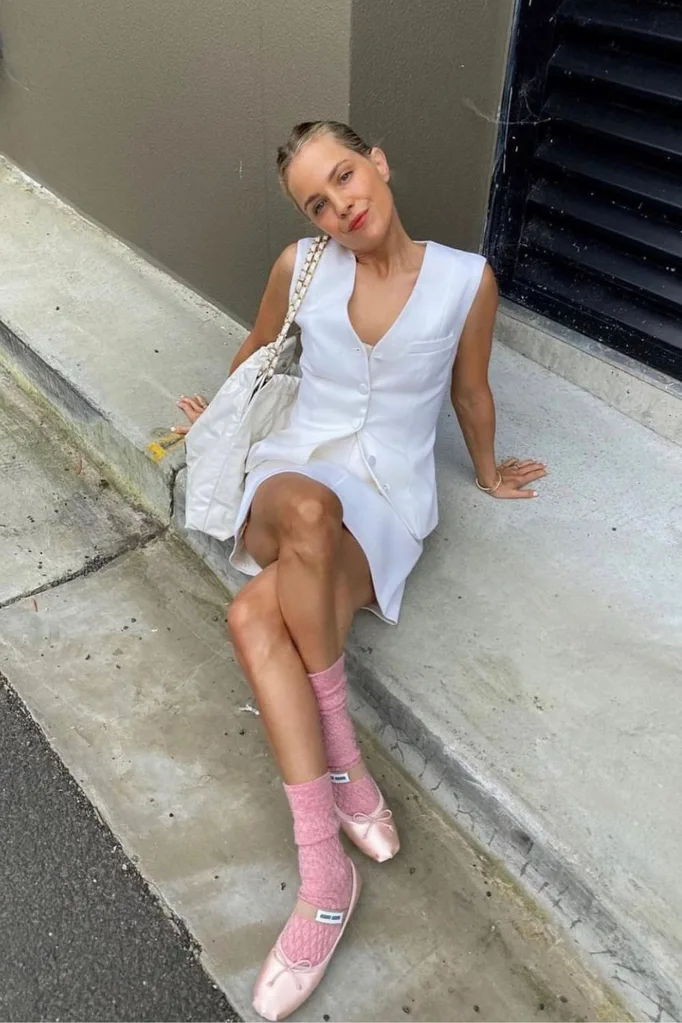
Why can it be challenging to make the switch from fast to sustainable fashion?
“This is a big question and there are many factors but a few that come to mind are: People find it challenging and don’t know how to make the switch to sustainable,” Georgina said.
“It can be overwhelming as a consumer to understand what is sustainable and when trying to understand there is an abundance of information that can at times be conflicting as well as one of the biggest issues is the greenwashing pushed onto them by big fashion companies. Fast fashion is trend driven and there are societal pressures and the expectation that people need to be keeping up with the latest trends. This expectation forces consumers into buying items they don’t need and creates a vicious cycle of over-consumption and discarding to keep up with societal trends. Another major factor is price. Fast fashion is ridiculously cheap and people look at prices at face value e.g. a shirt for $30 from the likes of H&M compared to a smaller brand at $250. It is important for people to take a step back and think why is it so cheap and what impact is this having on people, planet and animals as well as thinking about the cost per wear of that item.”
Georgina’s tips for curating the perfect, sustainable wardrobe
- What do you already have: The most sustainable wardrobe starts with the one already in your closet. The first thing is to look at what you already have in your current wardrobe and understand what you have and don’t have. From there you can identify the gaps and how you can fill them? Think about the pieces you reach for over and over – these are the foundations of your perfect sustainable wardrobe. The idea is to start with timeless pieces and never purchase more than you need.
- Go Classic: Invest in key pieces that you will reach for time and time again. These can include a white shirt, black slip dress and the perfect pair of jeans.
- Natural Fibres: When reaching for the classics and choosing high-quality pieces to invest in, always look to select pieces crafted from natural fibres as they will last longer and are better on your skin and will have a much lower environmental impact.
- Care for your clothes: When investing in high quality garments that will be worn and cherished for a lifetime ensure the right care is taken by purchasing a premium detergent, use the delicate cycle and wash on cold. Also buy high quality hangers and if you can store your pieces in dust bags.
Where can I buy ethical fashion brands in Australia?
Australia is packed with covetable ethical fashion brands, all of which offer something a little bit different. Although no fashion brand is 100 per cent ethical or sustainable — the industry on principal is not a sustainable one — there are some brands doing their bit in getting there. marie claire Australia has rounded up 16 of our favourites below, so you can shop (mostly) guilt free.
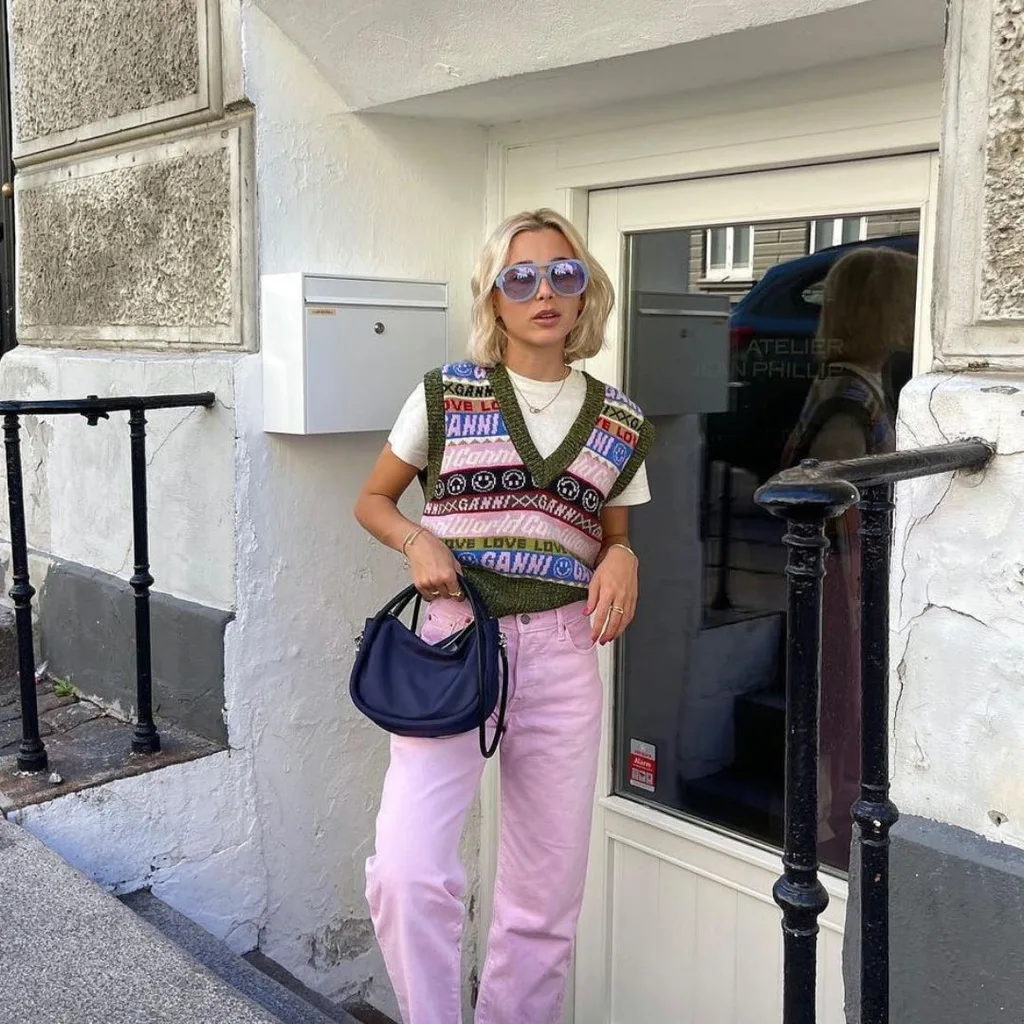
17. GANNI
What: Clothing
Price: $$
Rather than focusing on sustainability, GANNI focuses on responsibility, holding itself accountable for four key pillars which care made up of four P’s: people, planet, production and prosperity. The label has aimed to reduce its carbon footprint, adopt a circular business models and crack down on supply chain accountability and so far, has reached 30 of its 44 responsibility Gameplan goals which were initially set to be reached in 2023, but will now likely be met in 2022. 92% of GANNI’s Spring Summer 2022 collection styles were certified organic, lower-impact or recycled, with the brand even creating shoes out of grapes. Exciting things to come.
Shop here.
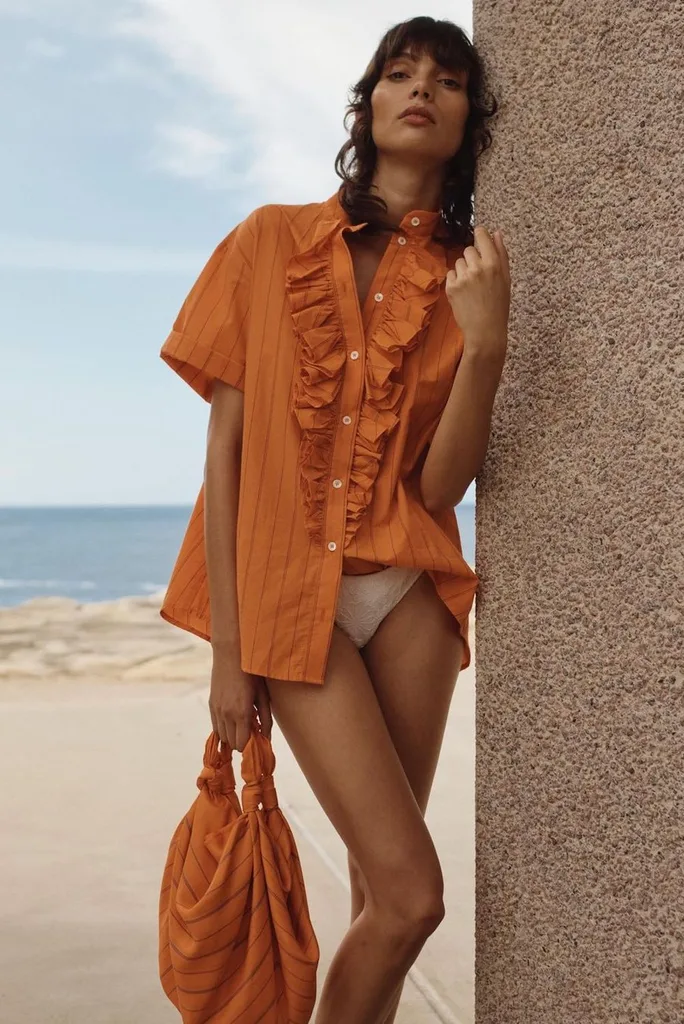
16. Maggie Marilyn
What: Clothing
Price: $$$
New Zealand label Maggie Marilyn (not quite Australian but we’ll try and claim them anyway!) incorporates sustainable and ethical business practises at every step, whether that’s using 100% organic cotton to create their dreamy items to working with local merino farmers to transition towards regenerative practises. Maggie Marilyn wants your clothes to last forever, so they even provide tips on caring for your silks, cottons, wools and polyester.
Shop here.
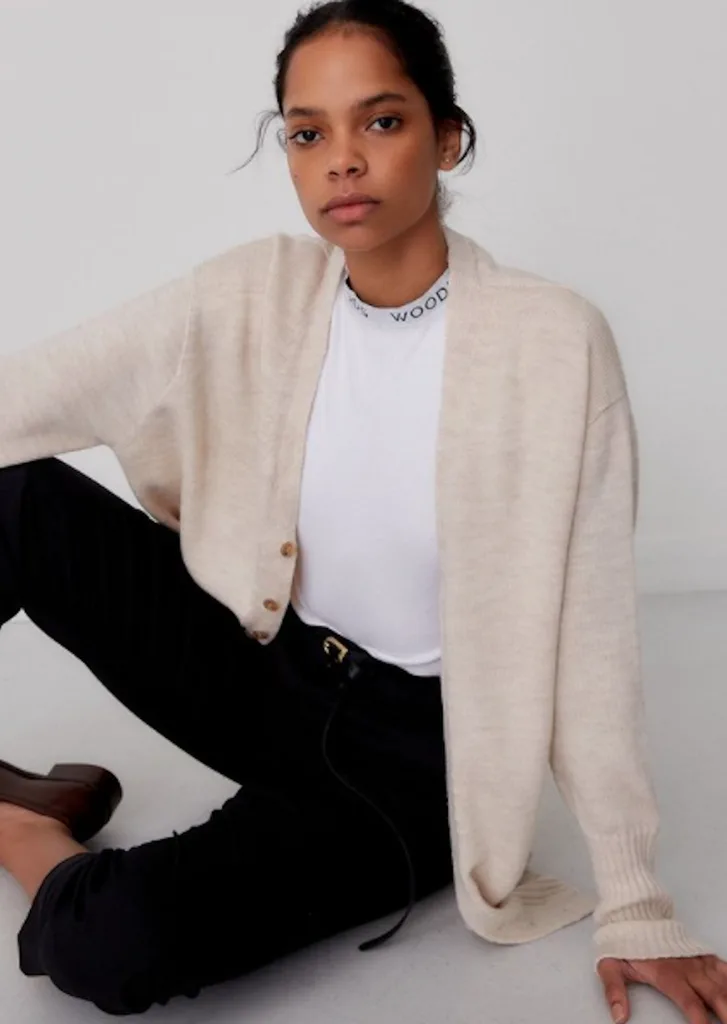
15. Viktoria & Woods
What: Clothing
Price: $$$
Australian label Viktoria & Woods create effortless wardrobe staples with a pared back, contemporary feel. Their collections offer simplicity and timelessness that will last for years. At the heart of the label is their signature merino wool collection that launched the brand in 2004. Since then, the offering has expanded to include premium fabrications such as sustainably sourced bamboo, organic cotton basics, silky Japanese cupro and luxury coating.
Shop here.
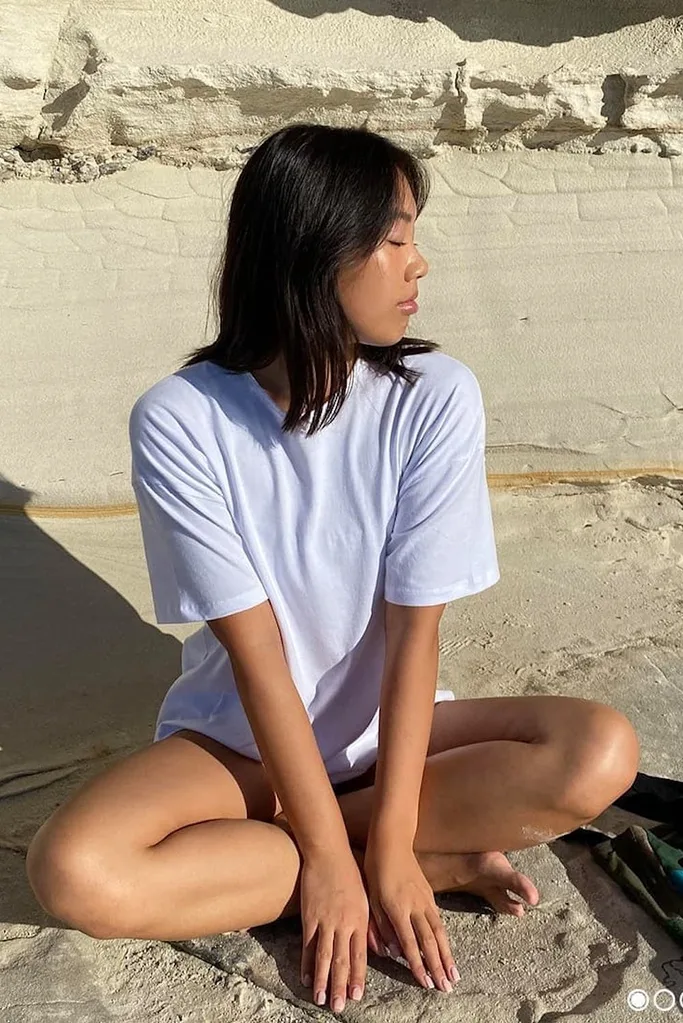
14. Citizen Wolf
What: Clothing
Price: $$
By harnessing technology, Citizen Wolf creates custom tailored T-shirts locally and ethically with zero waste and free repairs for life. This philosophy means that when you create a piece that you love, you’ll keep it for longer and repair rather than replace, which coincidentally is also the easiest way to reduce our environmental footprint. Which is why they call their pieces ‘smarter casual’, they’re better for you and the planet.
Shop here.
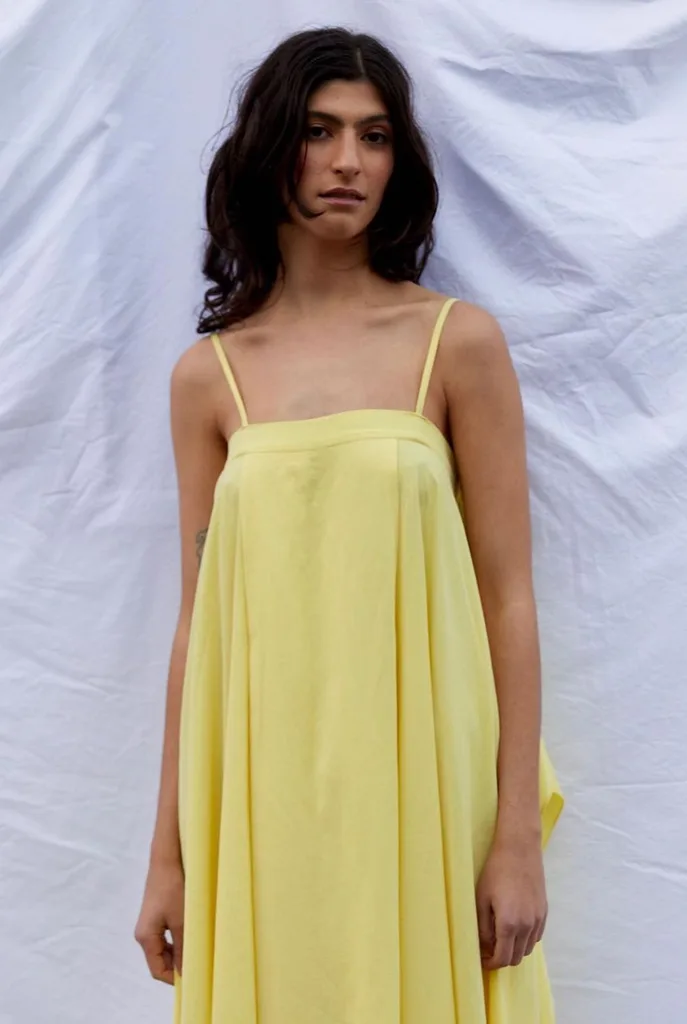
13. Arnsdorf
What: Clothing
Price: $$$
With all of their products made in Australia and ECA accredited, Arnsdorf is a contemporary womenswear brand whose mission is to create modern archetypal clothing while continually driving transparency across all levels of the fashion industry. As a result the company is the leading voice for transparency in Australia, revealing the costs associated with each garment made, as well as the origin of the fabrics and materials used in each product, with the hope to lead and inform a new generation of sustainable customers.
Shop here.
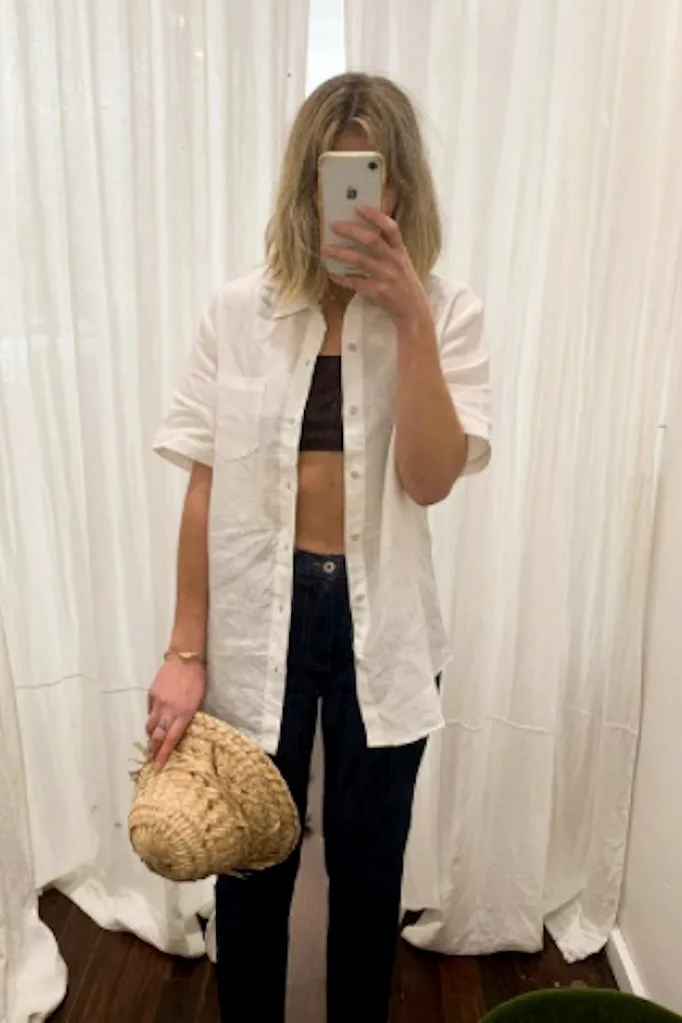
12. Good Studios
What: Clothing
Price: $$
Good Studios is a clothing label that promotes the use of organic materials such as hemp textiles in creating a stylish and contemporary design. They also pride themselves on providing a platform to educate the community and individual consumers about sustainability in the fashion industry.
Shop here.
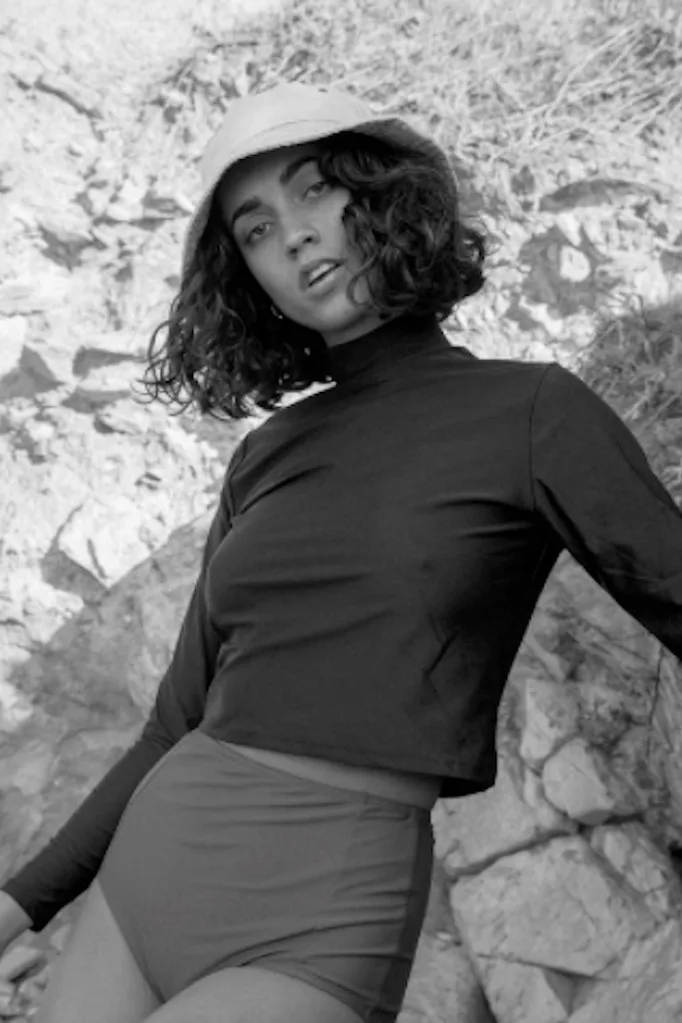
11. Vege Threads
What: Clothing
Price: $$$
Vege Threads is an Australian apparel brand that prides itself in its low-impact production of their products. They use 100% organic and eco-friendly materials such as hemp, 100% GOTS certified organic cotton, and natural plant-dyed textiles.
Shop here.
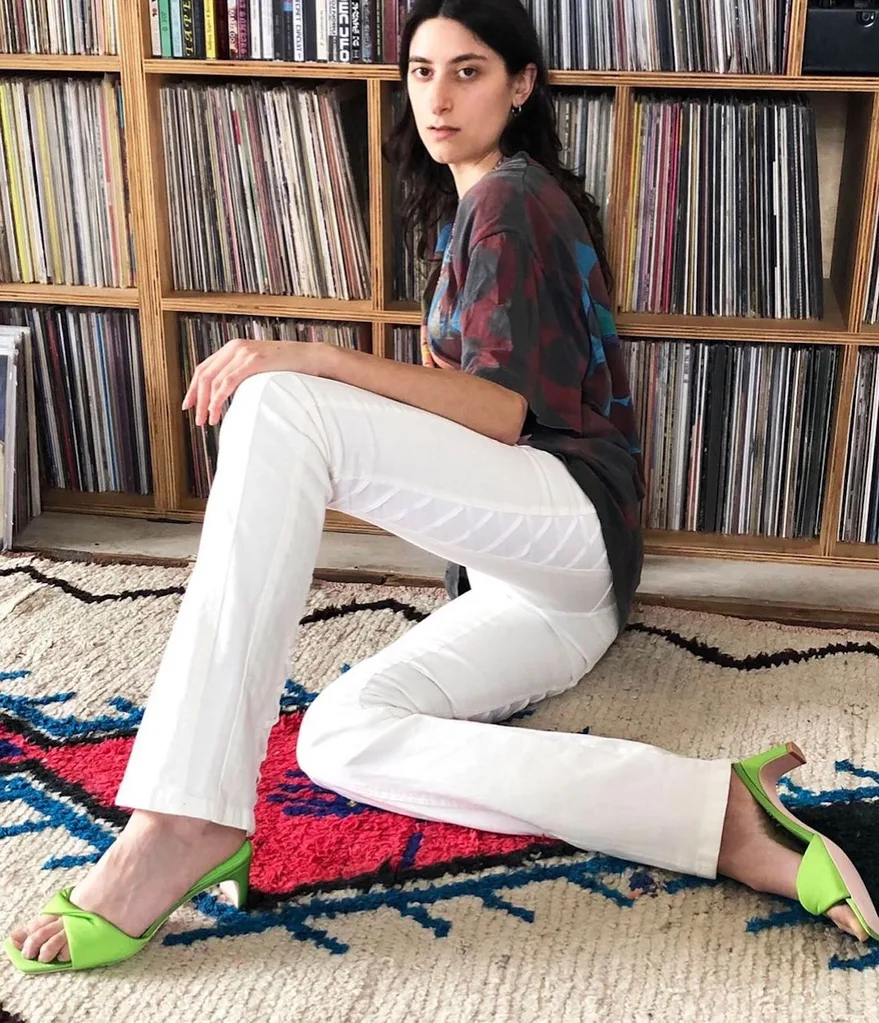
10. Nelson Made
What: Footwear
Price: $$
With a commitment to slow fashion, small-batch model, Nelson Made offers sandals that are unique and stylishly designed. Materials are sourced with the lowest possible environmental and human impact. With a variety of colours, designs and styles, Nelson Made proves that footwear can indeed be made locally.
Shop here.
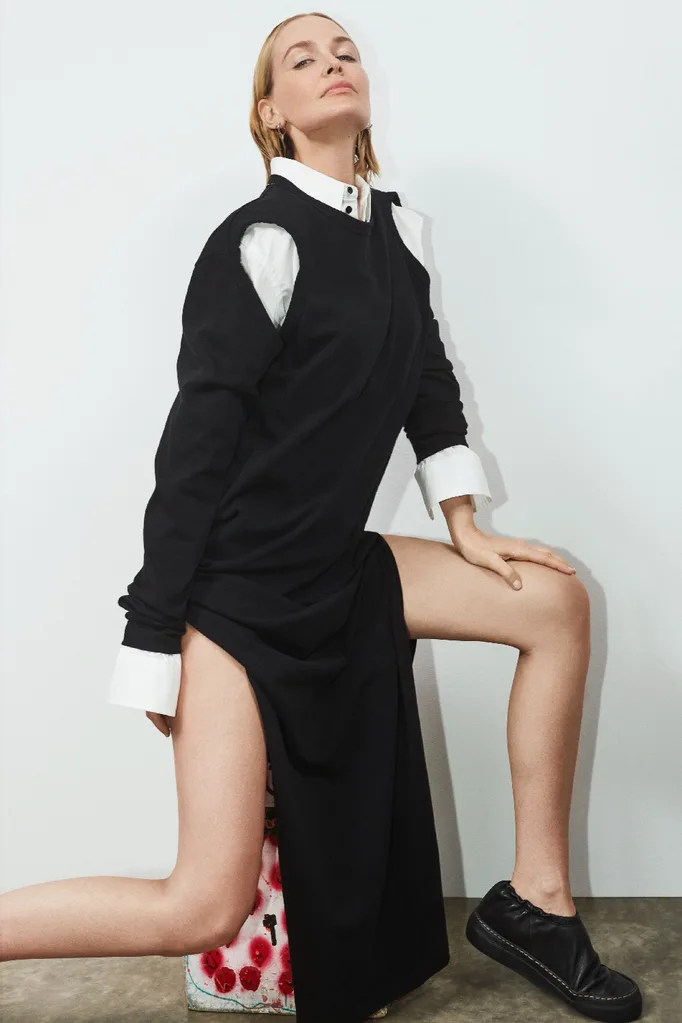
9. Bassike
What: Clothing, accessories and shoes
Price: $$$
Australia’s favourite basics label, Bassike, has had a commitment to sustainability for years and are continuing to prove that they are anything then basic. Since their inception in 2006, their ongoing efforts to forge a new frontier of ethical and responsible design have paved the way for emerging labels like COMMAS—who credit the brand’s founders for opening doors they never thought possible.
Now, the brand’s signature jersey cotton fabrication has been recognised as 100% carbon neutral. Certified by Climate Active, a Bassike t-shirt produces 43% less carbon emissions than a conventional cotton t-shirt. This material is more than basic, it’s a step forward in fashion’s future and one that’s marked by considered and purpose-driven creations.
Because who said you had to compromise on style when prioritising sustainable design?
Shop here.
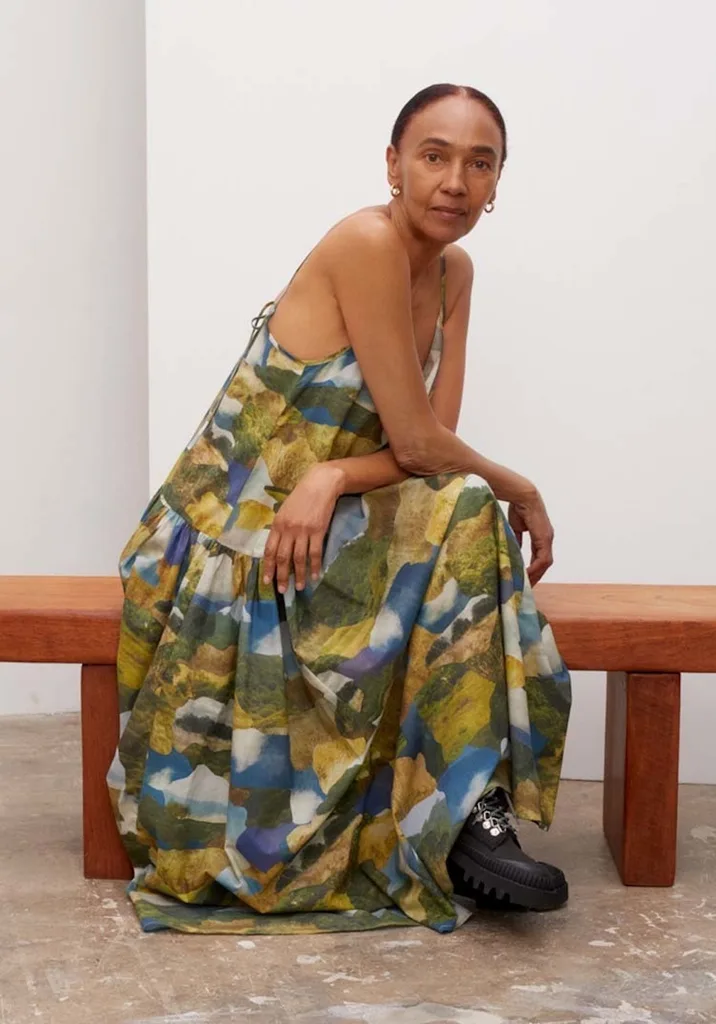
8. Kowtow
What: Clothing and shoes
Price: $$
Technically from New Zealand, this sustainable brand is one we’d like to claim as our own — it’s that good! With their focus on eliminating slave trade and unethical working practices, the brand ensures every worker and every fibre is sourced with serious respect and adheres to ethical practices.
Shop here.
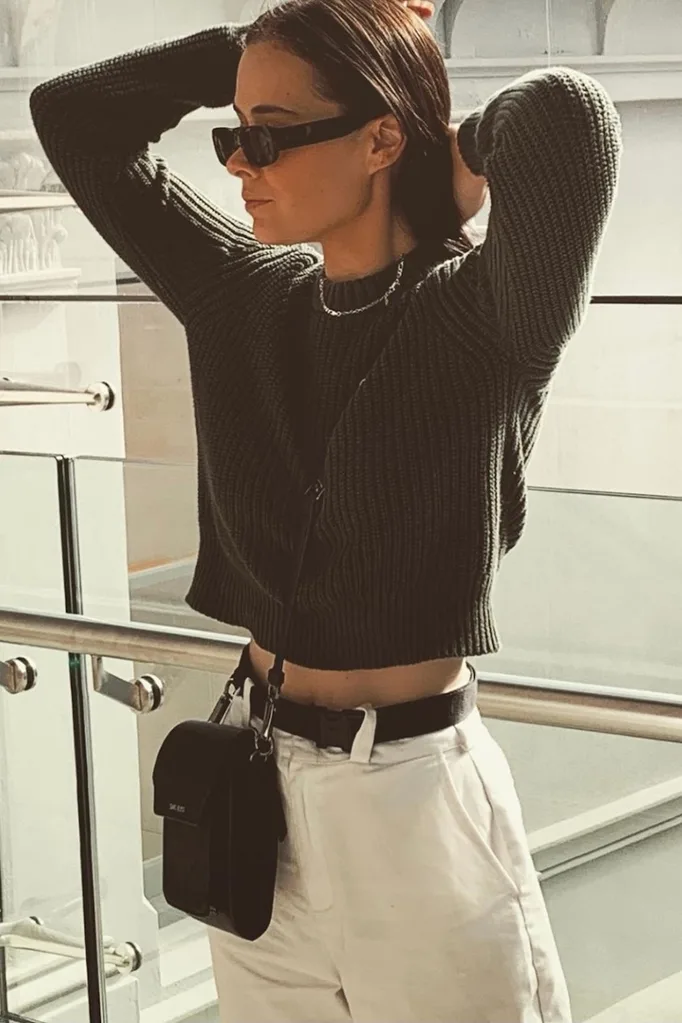
7. Sans Beast
What: Accessories
Price: $$
Once a head designer at Mimco, Cathryn Wills has taken her design hand and aesthetic eye to Sans Beast, her own line of vegan bags and accessories. Using vegan leathers and other non-animal materials, Wills has managed to craft a line of must-have bags, without compromising on design.
Shop here.
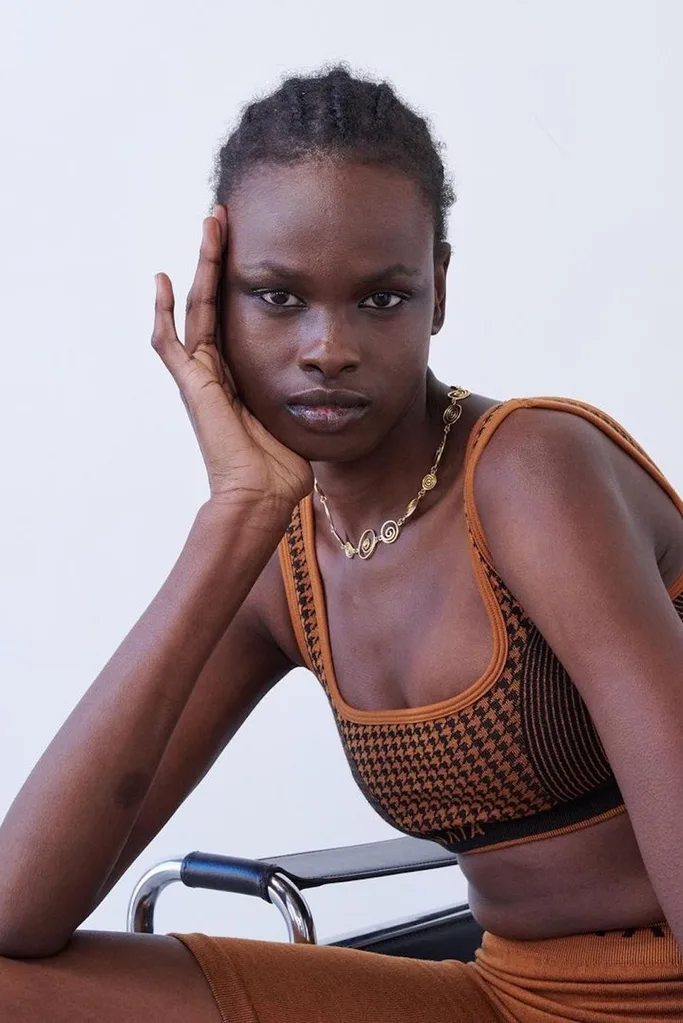
6. Nagnata
What: Clothing
Price: $$
Focused primarily on technical wool and knits, this local brand is all about ensuring their products are organic, recycled and sustainable. With an eye on only producing what they need, Nagnata is all about slowing down fashion and in the meantime adhering to a certain social responsibility that comes with working within the textiles industry.
Shop here.
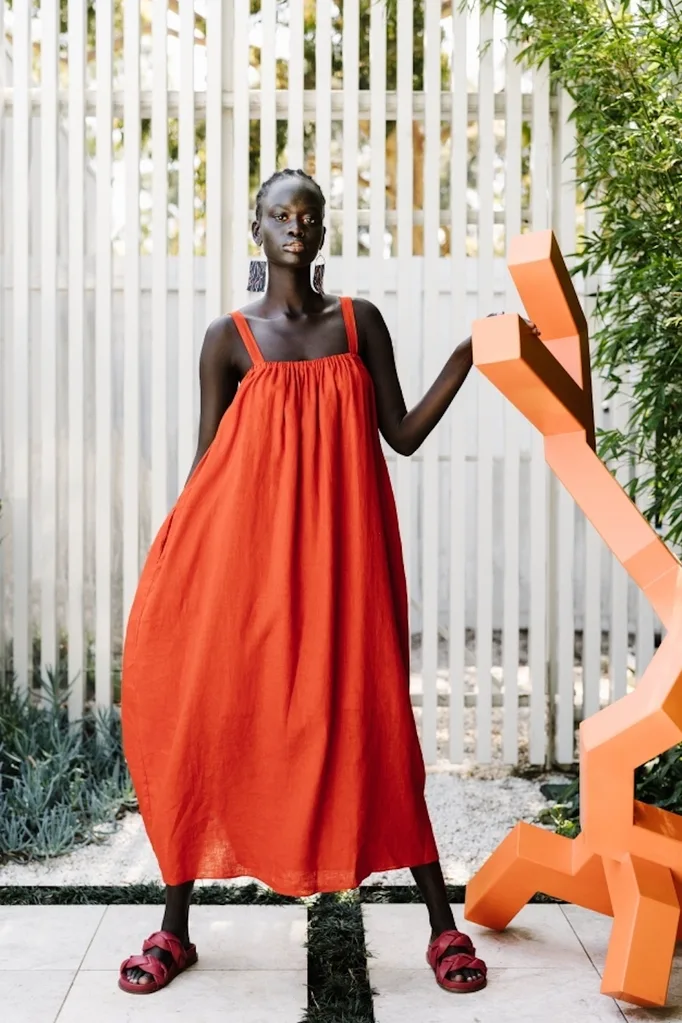
5. Elk
What: Accessories and clothing
Price: $$
Elk has a serious commitment to ethical practice and sustainability, choosing suppliers at every part of their chain that complete their vision. With a commitment to animal welfare and treating their employees correctly, Elk’s track record with sustainability is proven.
Shop here.
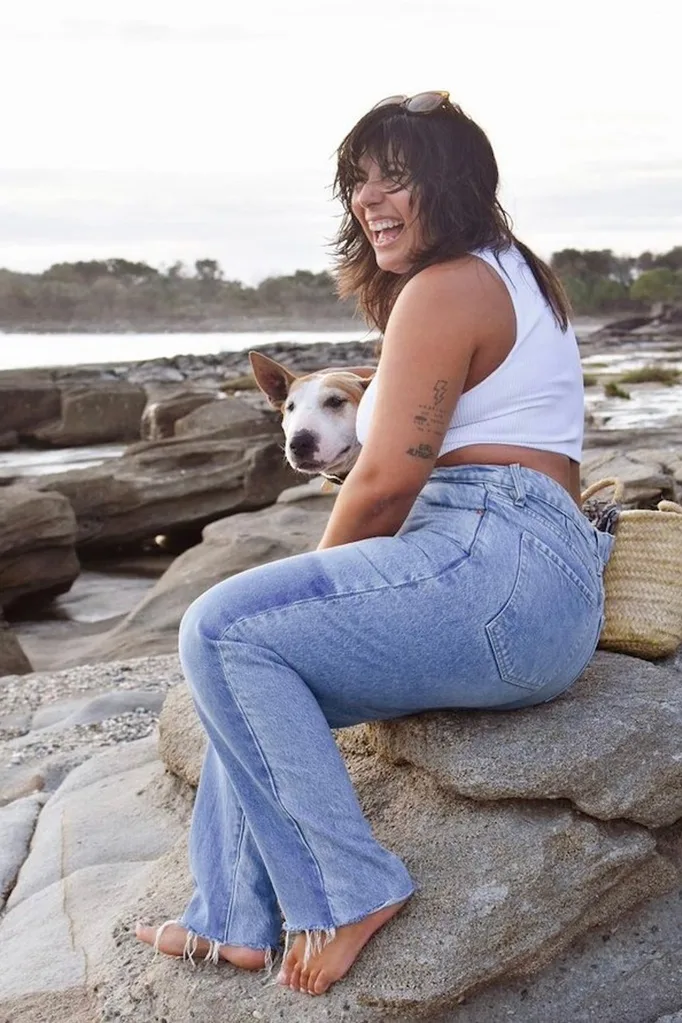
4. Outland Denim
What: Denim
Price: $$
A favourite of Meghan Markle, Outland Denim has gained a name for being the most ethical jean brand in the business. As a notoriously bad product for the environment, Outland’s not-so-bad denim is made from sustainably sourced cotton and ensures it helps empower the women who make their jeans. Made by Cambodian women who have been victims of sex trafficking, Outland’s vision starts with the very first hire — and ends with a damn good pair of jeans.
Shop here.
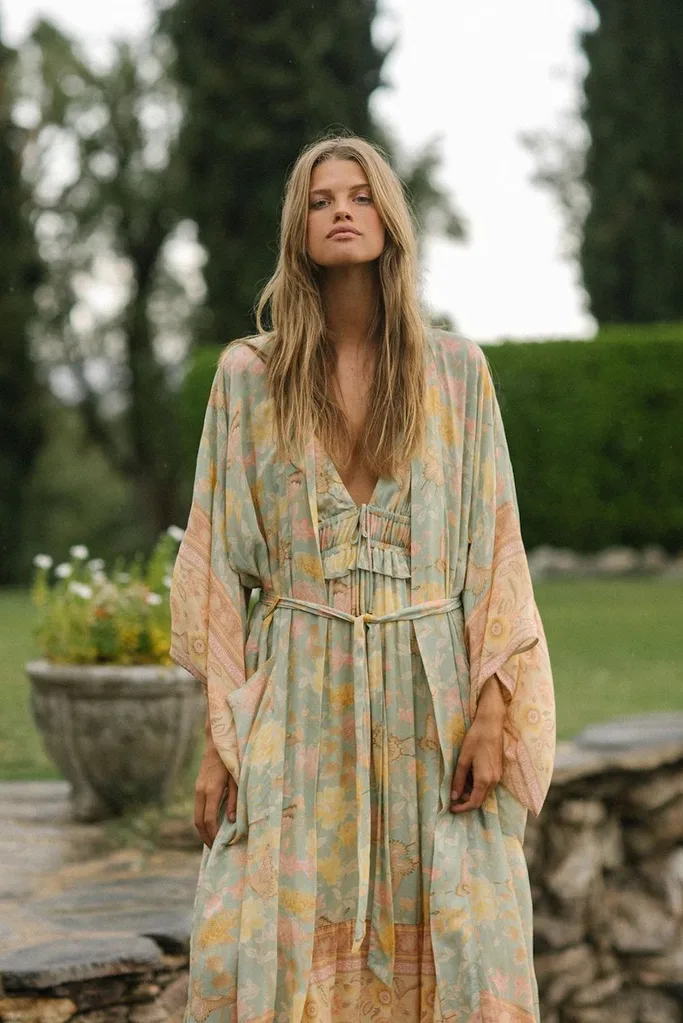
3. Spell Byron Bay
What: Clothing and swimwear
Price: $$
Apart from having a commitment to the environment by way of natural dyes and ethically sourced fabrics, this Bryon Bay label also partners with Canopy, an organisation set up to ensure brand’s cellulose based fibres (viscose, rayon, tencel, modal) are not contributing to the deforestation of ancient or endangered forests.
Shop here.
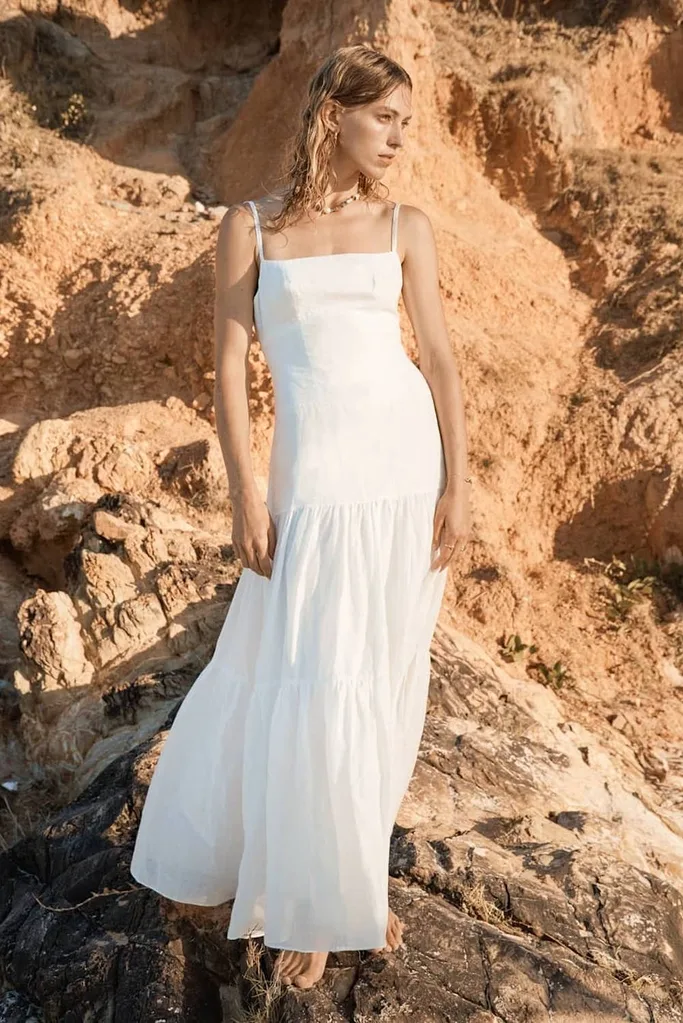
2. Ginger & Smart
What: Clothing and shoes
Price: $$
Ginger & Smart sources fabrics that are recyclable and biodegradable and minimises the use of harmful chemicals and excessive water usage in both the production of their clothes and milling of their fabrics.
Shop here.
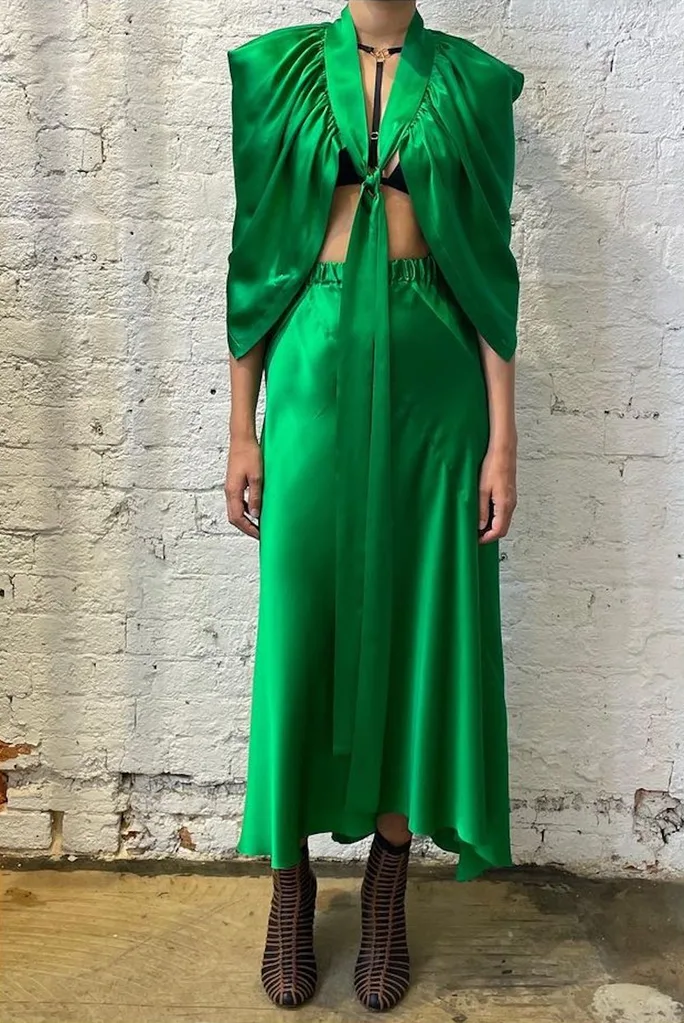
1. KitX
What: Clothing
Price: $$$
Kit Willow’s KitX has been sustainable before it was cool to be sustainable. Focusing in on man made fibres, natural dyes and ethical factories, KitX has gained a reputation as being Australia’s premiere sustainable brand, with good reason.
Shop here.
